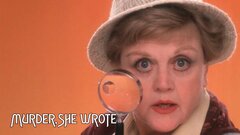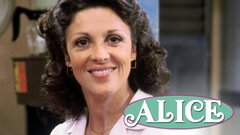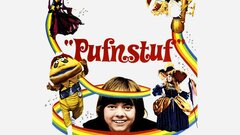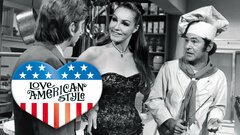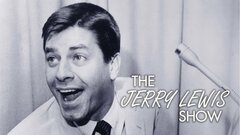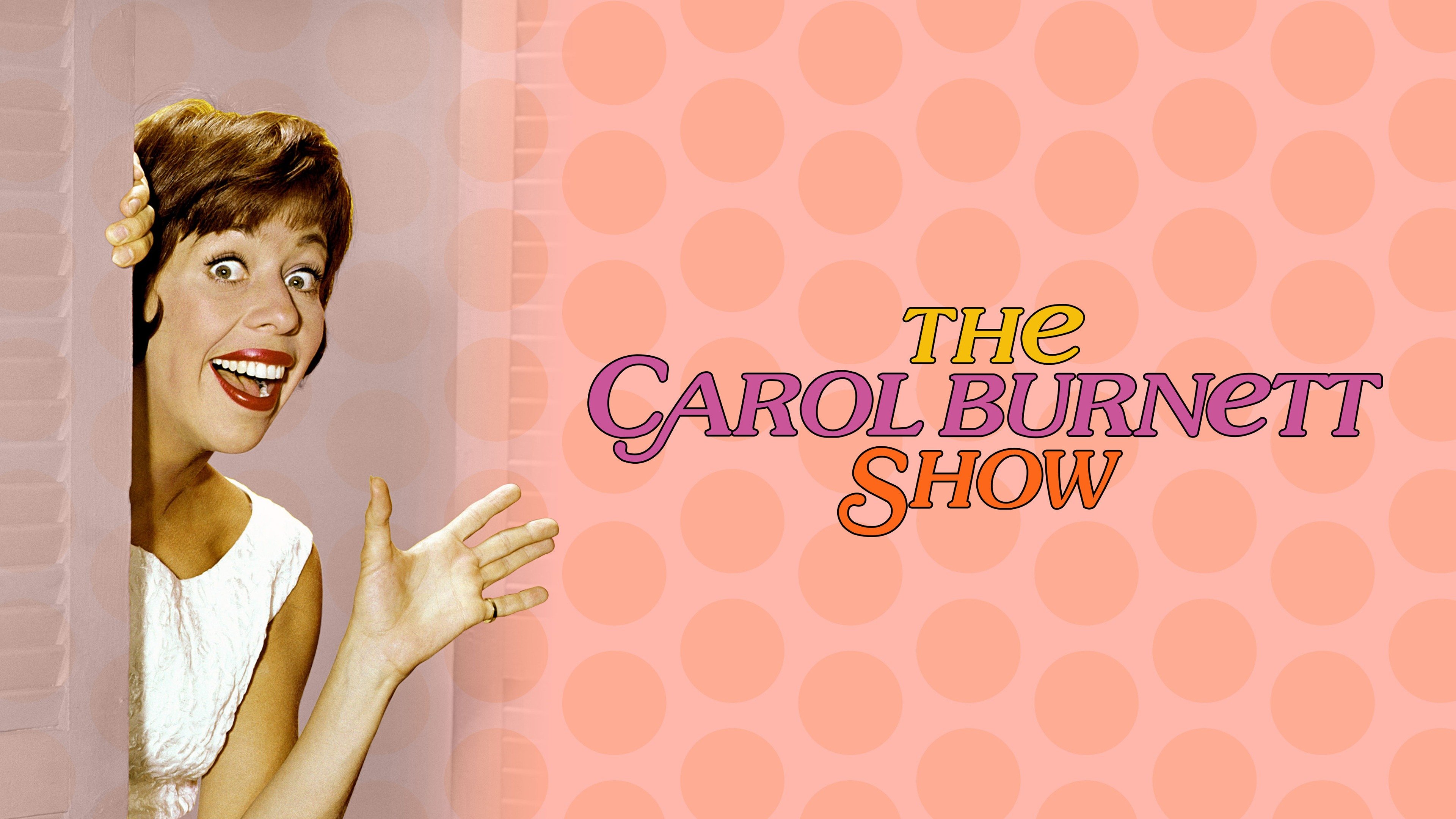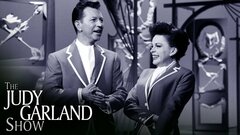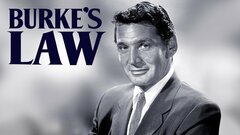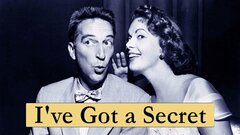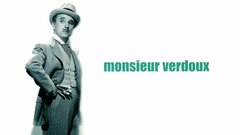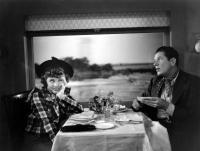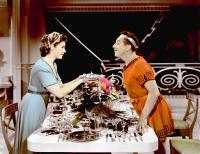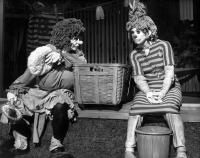Few entertainers would embrace a nickname like "The Big Mouth," but singer-actress Martha Raye was a very good sport. Of course, what some considered a physical detriment was ultimately a key source of her power as a singer and appeal as a comedienne. She first earned significant attention on Broadway and was soon part of the talent roster at Paramount, where Raye became the go-to girl for loud and obnoxious characters.
The majority of her motion picture credits came in rather disposable fare, but there were occasional gems, notably the anarchic comedy classic "Hellzapoppin'" (1941) and Charlie Chaplin's superb dark farce "Monsieur Verdoux" (1947). In later years, Raye worked mostly on the small screen and toplined her own vehicle, "The Martha Raye Show" (NBC, 1954-56). One of her most lasting contributions was as a tireless USO entertainer. Over the course of three wars, Raye travelled extensively and sang for thousands of American soldiers. She also gained a degree of new recognition as the ubiquitous spokeswoman for Polident Denture Cleaner from the 1970s on.
Unfortunately, her life out of the spotlight was often troubled and she went through seven marriages and a suicide attempt before enduring some truly sad final years. Whether belting out a standard like "That Old Black Magic" or doing sketch comedy, Raye was a larger than life personality who loved to perform and that energy and enthusiasm made her a favorite with the public for more than five decades.
A native of Butte, MA, Martha Raye was born Margaret Teresa Yvonne Reed on Aug. 27, 1916. Both of her parents were vaudeville entertainers, so it was no surprise that by age three, Raye was joining them on stage. She and her brother were soon spun off into their own act called "Margie and Bud," and Raye's grandly ebullient stage presence became apparent. Show business was Raye's primary occupation, so it led to her going through life largely illiterate as she never finished grade school.
After several years of singing in various venues and on Al Jolson's radio program, Raye made her Broadway bow in the musical revue "Calling All Stars" (1934-35), where she performed such ditties as "If it's Love" and "He Just Beats a Tom Tom". Impressed by the large mouthed Montana girl's vocal skills and comedic possibilities, Paramount gave Raye a screen test and she knocked them out with "Mr. Paganini" a.k.a. "If You Can't Sing It (You'll Have to Swing It)," which Raye would adopt as her signature tune. Now under contract, she made her first screen appearance in the Bing Crosby musical Western "Rhythm on the Range" (1936), singing that very same tune. She was also in similarly lightweight fare like "The Big Broadcast of 1937" (1936), "Artists & Models" (1937), and "College Swing" (1938), and was reteamed with Crosby for "Waikiki Wedding" (1937) and "Double or Nothing" (1937).
That year, she wed makeup man Bud Westmore, a union that would last a bit more than 12 months. It was the first of no less than seven trips down the aisle for Raye, who had no better luck with husband No. 2, composer David Rose. He stayed by her side for two and a half years before leaving her to marry Judy Garland.
Raye's film career continued apace in the likes of "The Farmer's Daughter" (1940) and "The Boys from Syracuse" (1940), and she returned to Broadway opposite Jolson for the hit musical "Hold on to Your Hats" (1940-41). She also popped up as twins in the Abbott & Costello outing "Keep 'Em Flying" (1941), while Olsen & Johnson's "Hellzapoppin'" (1941) was a suitably loony adaptation of the Broadway smash where she sang the incredible "Pig Foot Pete."
Raye also joined many entertainers of the time by donating her services to the USO and travelling overseas to entertain American troops. While the majority of her fellow performers did this only during the Second World War, such duties later became an important part of Raye's regime and her reputation was enhanced greatly by such generosity.
In between flights into various combat areas, she found time to join pin-up queen Betty Grable in the Fox musical "Pin Up Girl" (1944), where Raye belted out "Yankee Doodle Hayride" and "Red Robins, Bobwhites and Bluebirds." She appeared opposite another blonde beauty, Carole Landis, whose book about her time entertaining the troops overseas inspired the popular wartime film "Four Jills in a Jeep" (1944), which co-starred Kay Francis and Mitzi Mayfair.
She also married her fourth spouse, dancer Nick Condos. At nine years, it proved to be Raye's longest-lasting union and also produced her only child, Melodye Raye Condos.
The sole remaining movie that decade, "Monsieur Verdoux" (1947), was also the finest one Raye ever appeared in. A later credit to its brilliant director-star Charlie Chaplin, the blackly comic "Bluebeard" tale cast Raye as a detestable battle axe who somehow manages not to fall victim to Chaplin's titular wife murderer. The comic tone was at its wildest during Raye's screen time and her broad style and boundless energy were utilized to excellent effect.
Again displaying the enthusiasm and intent to serve, Raye traveled overseas to visit American servicemen fighting in the Korean War. Like many entertainers with similar backgrounds, Raye also made occasional guest appearances on the new medium of television and was eventually granted her own program, "The Martha Raye Show" (NBC, 1954-56). The 90-minute presentation mixed song and dance numbers with sketch comedy bits featuring such guest stars as Edward G. Robinson, Cesar Romero and Buster Keaton. The show was cancelled after two seasons and that, couple with the end of yet another marriage, prompted Raye to attempt suicide in 1956 with an overdose of sleeping pills.
Raye opened the 1960s with a pair of stars on the Hollywood Walk of Fame for her accomplishments in movies and on television and co-starred as a fortune teller in the Doris Day circus musical "Billy Rose's Jumbo" (1962). She also began to stop by "The Red Skelton Show" (NBC/CBS, 1951-1971) and spent much of the 1960s gracing various variety programs and game shows.
In 1967, Raye joined the cast of the Broadway blockbuster "Hello, Dolly!" (1964-1970) as one of several actresses who took over the role of Dolly Levi from original star Carol Channing. She also continued her practice of entertaining American soldiers, this time fighting in the battle against North Vietnam. Raye's indefatigable dedication in this area was recognized in 1969 when she became a recipient of the Jean Hersholt Humanitarian Award.
She was one of many celebrities recruited to cameo in "The Phynx" (1970), a youth-oriented misfire that was written off by Warner Brothers as a disaster and barely released.
A better vehicle for her acting style came with the feature film version of "Pufnstuf" (1970), in which Raye raised the rafters as the Boss Witch. In addition to that television spin-off, Raye joined the cast of another Sid & Marty Krofft children's program, "The Bugaloos" (NBC, 1970-72), which told of a fairy-like group of singers whose existence is threatened by Raye's villainous Benita Bizarre. An unusual concoction even for these producers, the program consisted of 17 episodes that ran on and off over two years, but failed to develop the cult following enjoyed by other Krofft productions. She also had a final run on Broadway in "No, No Nanette" (1971-73) as a replacement for Patsy Kelly in the role of Pauline.
During this period, Raye also became a spokeswoman for the denture cleanser Polident. Stating that she had discarded her old nickname of "The Big Mouth" and was now known as "The Fresh Mouth," Raye's jovial commercials were a television staple right through the 1980s and the campy spots helped to raise her profile. In 1974, she was the recipient of a Lifetime Achievement Award from the Screen Actors Guild and began to intermittently guest on "McMillan & Wife" (NBC, 1971-77) and the hit sitcom "Alice" (CBS, 1976-1985).
Her career as an actress was drawing to a close by the end of the 1970s, with her final film being the all-star flop "The Concorde Airport '79" (1979). On a more auspicious note, Raye's last TV appearance was as The Duchess in an elaborate TV-movie version of "Alice in Wonderland" (CBS, 1985), which also featured the likes of Donald O'Connor, Sammy Davis, Jr. and Imogene Coca, among other legends.
Sadly, the closing years of Raye's life were rife with tragedy. In 1988, she experienced the first of several strokes and was soon confined to a wheelchair. In 1991, she married her seventh and final husband, Mark Harris, who was more than 30 years her junior and had only met her a few weeks earlier.
The union caused no shortage of controversy, with detractors convinced that he was simply using Raye for her money. She also returned to newspaper headlines after filing an unsuccessful lawsuit against Bette Midler, stating that the actress' movie "For the Boys" (1991) was based on Raye's life without permission.
In one of the few bright spots during this time, Raye was presented with the Presidential Medal of Freedom in gratitude for her extensive contributions to the country's war effort. Meanwhile, additional health crises eventually caused the loss of both of Raye's legs and she also displayed the effects of Alzheimer 's disease.
The combination of these ailments and cardiovascular disease eventually took their toll and Raye died of pneumonia on Oct. 19, 1994. Her marriage to Harris led to a souring in the relationship between Raye and daughter Melodye Raye Condos, who was left out of her mother's will.
The majority of Raye's $3 million estate went to Harris and she was buried with full military honors at Fort Bragg, NC.
By John Charles
